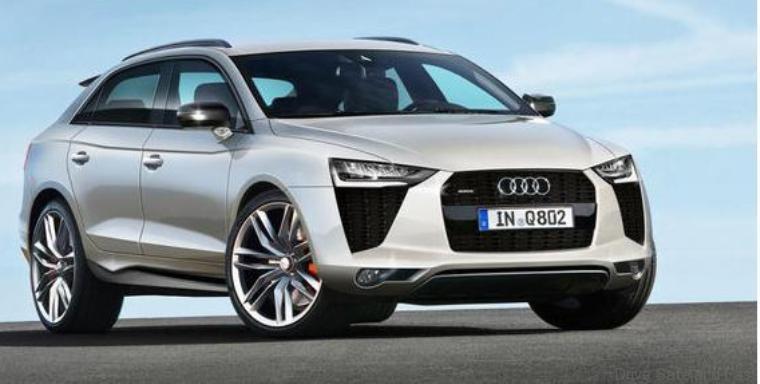Audi will launch another hi-tech diesel technology in the near-term when it applies an e-booster electric turbocharger to its 3.0-liter V-6 TDI engine in the Q7. This uses an electric compressor to spin up the turbocharger from very low revs to cancel out turbo lag.
“The new Q7 will be in the market next year and the electric turbo will come a little later in a sporty version called SQ7,” Hackenberg said.
Audi is considering a version of the A5 wearing the company’s high-performance RS badge that would be powered by the same e-boosted diesel engine, he said. Combustion engines and specifically diesel will be key to cutting CO2 emissions in Audi cars, Hackenberg said. “Gasoline technology will not supplant the efficiency of diesel,” he said. Refinement of combustion engines will account for about 50 percent of Audi’s CO2 reduction by 2020. A further 30 percent would be generated by alternative drivetrains with the remaining 20 percent would come from such measures as reducing drag and rolling resistance. Hybrid cars are still slow sellers in Europe. Last year 214,237 hybrid cars were sold in the region, with diesel hybrids counting for 37,904 of those sales, according to JATO Dynamics.



